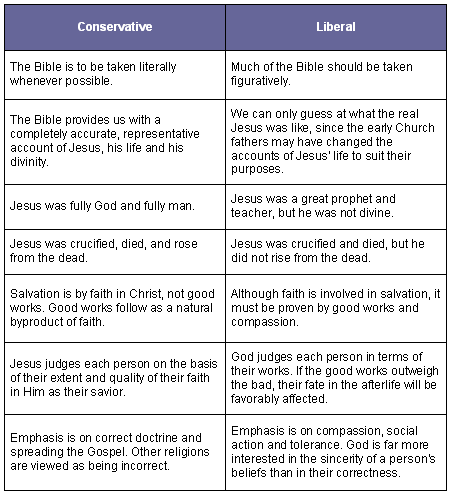
This is the question asked by Ross Douthat in a recent article in the New York Times by the same name.
Today the Episcopal Church looks roughly how Roman Catholicism would look if Pope Benedict XVI suddenly adopted every reform ever urged on the Vatican by liberal pundits and theologians. It still has priests and bishops, altars and stained-glass windows. But it is flexible to the point of indifference on dogma, friendly to sexual liberation in almost every form, willing to blend Christianity with other faiths, and eager to downplay theology entirely in favor of secular political causes.
Yet instead of attracting a younger, more open-minded demographic with these changes, the Episcopal Church’s dying has proceeded apace. Last week, while the church’s House of Bishops was approving a rite to bless same-sex unions, Episcopalian church attendance figures for 2000-10 circulated in the religion blogosphere. They showed something between a decline and a collapse: In the last decade, average Sunday attendance dropped 23 percent, and not a single Episcopal diocese in the country saw churchgoing increase. . . .
Traditional believers, both Protestant and Catholic, have not necessarily thrived in this environment. The most successful Christian bodies have often been politically conservative but theologically shallow, preaching a gospel of health and wealth rather than the full New Testament message.
But if conservative Christianity has often been compromised, liberal Christianity has simply collapsed. Practically every denomination — Methodist, Lutheran, Presbyterian — that has tried to adapt itself to contemporary liberal values has seen an Episcopal-style plunge in church attendance. Within the Catholic Church, too, the most progressive-minded religious orders have often failed to generate the vocations necessary to sustain themselves.
Mr. Douthat, being a writer for the NYT, of course goes on to say how wonderful and important liberal Christianity is and how horrible it would be if it died out but, in the end, offers no real solutions to its problems. But this state of affairs is not surprising: liberal Christianity is indistinguishable from the general pagan culture, so why would people wake up early on a day off to go partake of something they get at their school, at their work, on their TV, in their entertainment, and in their various social groups and interactions?
We’ve previously pointed out here at F&H that the real divide within Christianity today is between traditionalists and liberals. In fact, this divide has grown so large that I’m personally beginning to seriously question whether we can even be considered co-religionists anymore. As far as I’m concerned, the faster liberal Christianity dies out, the better. This should also be a warning to any still traditional denominations or churches considering moving towards liberalism in order to try to remain “relevant” or grow its membership — that way lies the path of death.
| Tweet |
|
|
|




